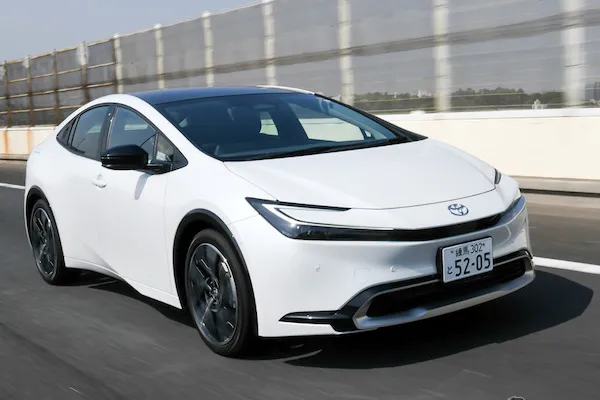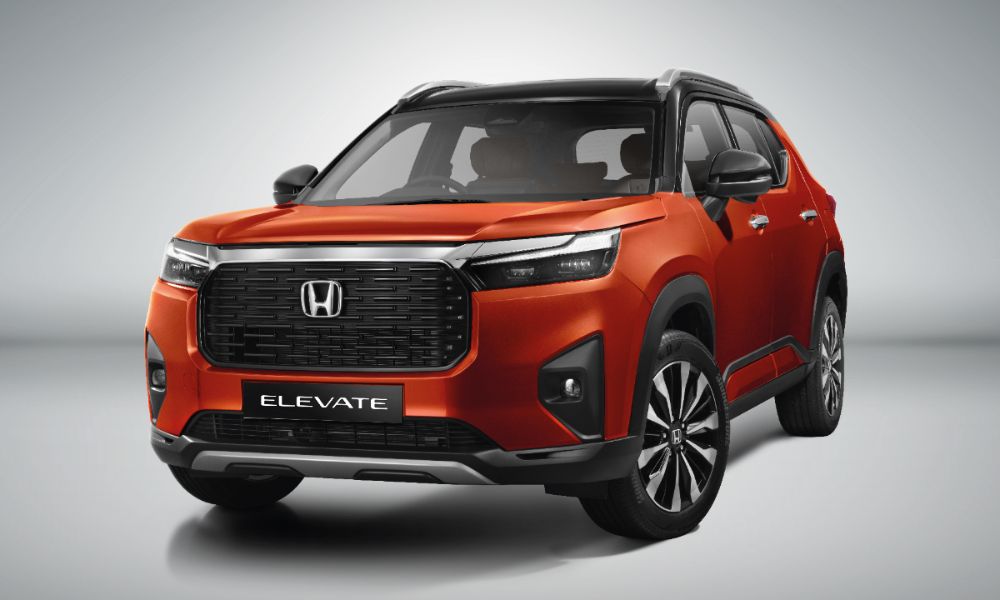In recent years, Chinese car brands have experienced a meteoric rise in the global automotive market, challenging established giants and altering the competitive landscape. Once known primarily for low-cost, domestic models, Chinese automakers have shifted their focus to innovation, quality, and international expansion. This article delves into the key factors driving the growth of Chinese car brands, their impact on the global market, and what the future holds for this rapidly evolving sector.
Key Factors Behind the Rise of Chinese Car Brands
The rapid ascension of Chinese car manufacturers is no accident. Several strategic moves and market conditions have helped propel these brands into the global spotlight.
- Government Support and Investments
The Chinese government has been a significant player in the growth of its automotive industry. Through generous subsidies, tax breaks, and incentives, the government has encouraged the development of electric vehicles (EVs) and clean energy solutions. As China aims to become a global leader in green technology, car manufacturers have seized the opportunity to develop and export electric and hybrid vehicles at a competitive price. Companies like BYD and Nio are at the forefront of this movement, expanding their EV lineup to global markets. - Advancements in Technology and Innovation
Chinese automakers are no longer associated with low-cost, low-quality vehicles. Today, brands like Geely, BYD, and Great Wall are producing cars equipped with cutting-edge technology, including autonomous driving features, advanced safety systems, and high-performance batteries. Many Chinese brands have also established R&D centers overseas to tap into global expertise and collaborate with top tech companies, pushing their innovations to the next level. - Strategic Global Partnerships
Chinese car manufacturers have successfully partnered with established foreign automakers, learning from their expertise while expanding their own product offerings. For example, Geely’s acquisition of Volvo and a stake in Daimler have allowed the company to benefit from advanced European engineering while bringing Chinese brands to a wider audience. Additionally, partnerships with global technology firms have helped Chinese brands integrate the latest automotive tech into their models, making them competitive with the likes of Tesla and other industry leader.

The Impact of Chinese Cars on the Global Market
The growing presence of Chinese car brands in the international market is reshaping consumer preferences and industry dynamics.
- Increased Competition in the EV Market
Chinese automakers are now major players in the global electric vehicle (EV) market. With a focus on affordable pricing and long-range capabilities, companies like BYD, Nio, and Xpeng are gaining traction in Europe, the Middle East, and even parts of North America. The increasing availability of Chinese EVs is driving down prices in the global market, pressuring established automakers like Tesla and Nissan to rethink their pricing strategies. - Consumer Trust and Brand Perception
One of the major challenges Chinese car brands have faced historically is overcoming negative perceptions related to quality. However, in recent years, many of these brands have made substantial strides in improving their reliability, safety ratings, and overall build quality. This shift has led to increasing consumer trust, particularly in markets where cost-effective, eco-friendly cars are in high demand. In fact, brands like Nio and Geely have received recognition for their advanced technology, design, and performance, earning them a seat at the global automotive table. - Disrupting Traditional Markets
Chinese car brands are not just limited to electric vehicles. Companies like Great Wall Motors and Chery are making significant inroads in markets like Africa, Southeast Asia, and Latin America, offering a range of affordable, stylish, and fuel-efficient models. With lower production costs, Chinese manufacturers are able to offer competitive pricing, posing a threat to established automakers in these regions. This disruption has forced traditional brands to rethink their strategies, from pricing models to product differentiation.
Challenges Faced by Chinese Car Brands in Global Expansion
While Chinese car brands are making significant progress, they still face a number of challenges as they continue to expand into new markets.
- Navigating International Regulations
Each market has its own set of regulations, particularly around safety standards, emissions, and vehicle certifications. Chinese automakers must adapt to these regulations, which can vary significantly between regions such as Europe, the U.S., and emerging markets. Ensuring compliance while maintaining competitive pricing is a delicate balancing act that many Chinese brands are still navigating. - Building a Global Brand Identity
While Chinese brands have gained recognition domestically, building a strong global brand identity is still a work in progress. Established automakers have spent decades cultivating brand loyalty and trust, which gives them a significant edge in the global market. Chinese manufacturers need to continue investing in marketing, customer service, and after-sales support to compete with legacy brands on a global scale. - Supply Chain and Geopolitical Concerns
The global automotive industry relies heavily on complex supply chains that span across countries. Disruptions to these supply chains—due to trade wars, geopolitical tensions, or global pandemics—can impact production and delivery schedules. Chinese automakers must build robust, diversified supply chains to minimize the risks associated with external factors.
The Future of Chinese Car Brands in the Global Market
As Chinese automakers continue to innovate and expand their presence in the global market, the future looks promising. The demand for electric vehicles and eco-friendly technologies will continue to rise, and Chinese manufacturers are well-positioned to meet that demand. Moreover, strategic partnerships with global firms and a focus on quality and design will help these brands compete on the international stage.
In the coming years, it’s likely that more Chinese car brands will enter established markets like North America and Europe, further intensifying competition. With a commitment to innovation, affordability, and sustainability, Chinese automakers are set to become even bigger players in the global automotive industry.
Conclusion
The rise of Chinese car brands in the global market marks a significant shift in the automotive industry. With advancements in technology, a focus on electric vehicles, and competitive pricing, Chinese automakers are challenging traditional players and reshaping the market. While challenges remain, the future looks bright for these brands as they continue to expand their reach and innovate in the fast-evolving world of automotive manufacturing.


